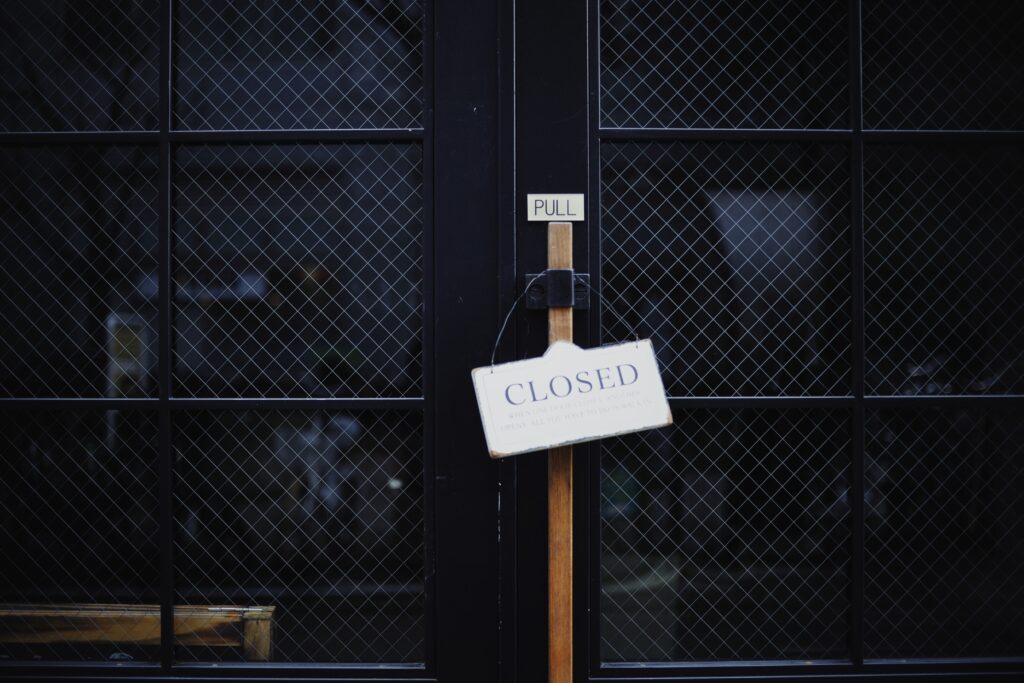We move forward; we move back.
On the edge of the Central District, a historically black neighborhood that has been gentrified[1] by people like my family – white and affluent by Central District standards, two older black women conversed across an unpainted, weathered picket fence from each other. In a soft, gentle tone, the older woman, in her 80s, clothed in a navy blue house dress and posed in front of her modest home built in 1903, said, “These are interesting times . . . I’ve never been treated as well as I have been in this past week.”
It was simultaneously heartbreaking and heartwarming. The reality of being black for 80+ years meant never feeling truly appreciated or valued by the world, always waiting and wondering if the day that might change would ever arrive. And to suddenly be treated with the dignity and respect she so rightfully deserved was a blessing and not a normalcy, and it’s difficult to tell if our country is going to put in the work to alter the structures that run counter to equal dignity for all humans.
Two things cast doubt for me – one that is foreseeable and the other that just occurred. First is the awareness that when we get the Coronavirus under control, our nation’s collective attention will return to our pre-COVID days, a time of greater self-interest. Secondly, last week, the Washington Supreme Court shut down the Limited License Legal Technician (LLLT) program. The LLLT program, designed to create cost-efficient and competent legal service providers to those who cannot afford to hire a lawyer, had been an economic anchor to the Washington State Bar Association and the members of the Bar whose dues supported it in part. The door to the courthouse is being shut on our most oppressed and needing populations.
Is there hope? Indeed there is when we cast our eyes, hearts, and pocketbooks away from ourselves and towards those who are in need. We do this by looking at the oppressed among us with compassion, softening our hearts to listen to their stories[2] and create room for empathy, and giving out of our plenty, whether it be our time or wealth, or both. We must prioritize the wellbeing of our communities before the luxuries for ourselves.
[1] Gene Balk, Historically black Central District could be less than 10% black in a decade The Seattle Times (2015), https://www.seattletimes.com/seattle-news/data/historically-black-central-district-could-be-less-than-10-black-in-a-decade/ (last visited Jun 13, 2020).
[2] Shai Linne, George Floyd and Me The Gospel Coalition (2020), https://www.thegospelcoalition.org/article/george-floyd-and-me/ (last visited Jun 13, 2020).
